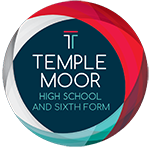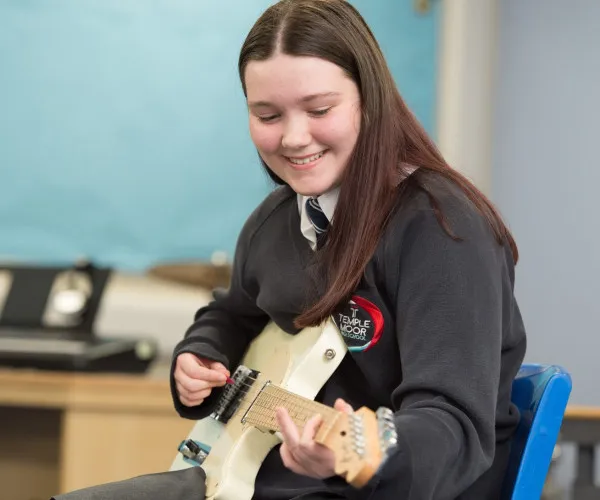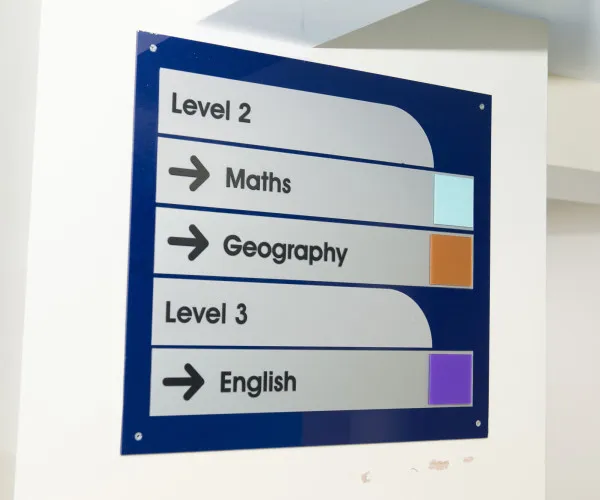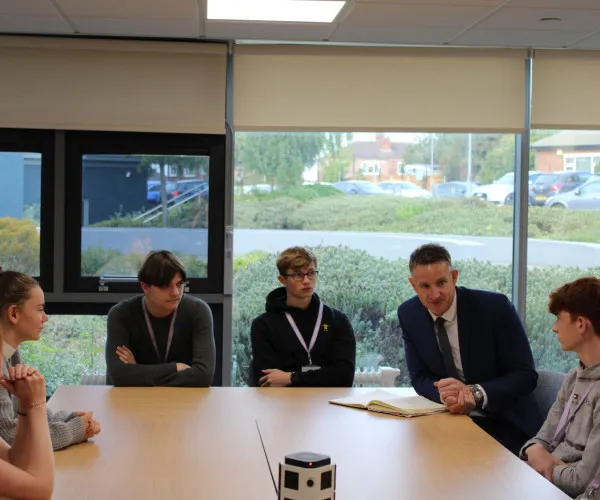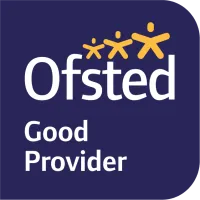- Curriculum
- Assessment
- Form Time
- British Values & Preventing Radicalisation
- Curriculum Subjects
- Art Curriculum
- Business Studies Curriculum
- Communication Curriculum
- Criminology Curriculum
- Design & Technology Curriculum
- English Curriculum
- Geography Curriculum
- Graphic Design Curriculum
- History Curriculum
- ICT Curriculum
- Law Curriculum
- Mathematics Curriculum
- Modern Foreign Languages Curriculum
- Performing Arts Curriculum
- Personal & Character Development
- Photography Curriculum
- Physical Education Curriculum
- Psychology Curriculum
- Read to Succeed
- Religious Education Curriculum
- Science Curriculum
- Sociology Curriculum
- Learning Qualities & Values
- The Options Process
- Supported Study and Revision
Modern Foreign Languages Curriculum
Subject aim
Our aim is to inspire our students with a deep understanding and love of languages and their importance in a globalised world. This will result in a thirst for learning and outstanding outcomes for our learners.
Details about curriculum structure
Key Stage 3
All students throughout Key Stage 3 will study a foreign language, accessing four hours over a fortnight over three years. Year 7 study either French or German. Year 8 and 9 study either French, German or Spanish. Students will recognise the importance of learning a language and will develop their listening, reading, speaking and writing skills. Students will increase their knowledge of sound spelling links, grammar and language patterns through the study of topics. At the end of Year 9, all students can take the decision to continue the language as a GCSE course, with this being a requirement of those on Core Plus pathway.
Key Stage 4
Students begin their GCSE language course with five lessons over a two week period. They will complete the AQA GCSE French, German or Spanish qualification, tested in the 4 skill areas of listening, reading, writing and speaking at the end of the two year course. At Key Stage 4, we emphasise the importance of learning vocabulary, revision and exam technique. The new GCSE now involves external examinations at the end of Year 11, therefore putting even more emphasis on continuous learning. Throughout the key stage, students continue to increase their knowledge of sound spelling links, grammar and language patterns through the study of topics.
Key Stage 5
Students can opt to study A-Levels in French, German and Spanish. By choosing a language course, students will develop their communication and presentation skills, expand their understanding of current world events, and gain a more developed understanding of different cultures and beliefs. In addition, they will take part in debates as well as learn how to analyse literature and cinema. Finally, students’ mastery of grammar and linguistics will allow them to gain a much more comprehensive understanding of their own language. Students will also have Foreign Language Assistants to work with to improve their language skills.
Students complete the Edexcel Language A- Level course and will be assessed at the end of the two year course.
What will students study?
Key Stage 3
Year 7
Students in Year 7 will recognise the importance of learning a language and aim to develop the skills required for this. Lessons will involve all the key skills required to do this; listening, reading, speaking and writing. The topics covered include greetings, numbers, alphabet and classroom language – learning to use target language in the classroom and ask and answer everyday questions. Introduction to self and family, school life with subjects and opinions, free time and hobbies and house and home are all topics which we cover.
Grammar is taught within topic areas and includes: definite and indefinite article, adjectives and adjectival agreement, the present tense and an introduction to the future tense and conditional tense.
Year 8
Students in Year 8 will continue to study the foreign language they started in Year 7, to further develop their language skills gained from the strong foundation of Year 7. Lessons will again involve all skill areas of listening, reading, speaking and writing. The topics covered include: introduction of food and drink with a revision on opinions, home and town, holidays, media with a focus on film and TV, daily routine and chores and French festivals.
Grammar is taught within topic areas and includes: Revision of the present tense, the future tense, an introduction to the past tense and a focus on combining tenses – past, present and future.
Year 9
All students in Year 9 continue to study their foreign language to further develop their listening, reading, speaking and writing skills in the language. The topics covered include: school life, relationships, new technology, leisure, healthy living and music.
Grammar is taught within topic areas and includes: Revision of the present tense, the future tense, and the past tense and a focus on combining tenses – past, present and future. Introduction to the imperfect tense, modal verbs and the comparative and superlative.
![tinywow_Image[1]_18067810 1](/images/uploads/img-original-5744.webp)
Key Stage 4
Year 10
Across Year 10 and Year 11, students will study the following themes:
- Theme 1: Identity and culture: family and friends, technology in everyday life, free time activities
- Theme 2: Local, national, international and global areas of interest: home, town and region, social issues, global issues and travel and tourism
- Theme 3: Current and future study and employment: My studies, life at school/college, education post 16, jobs, career choices and ambitions
In Year 10 students will look at the topics of family, free time activities, holidays, new technology and education. Through these topic areas, students will also gain a valuable insight into the culture and traditions of the country from which the language they are studying originates. Students continue to increase their knowledge of sound spelling links, grammar and language patterns.
Year 11
In Year 11 students look at the topics of social and global issues. They continue to develop their grammatical knowledge and improve their listening, reading, speaking and writing skills.
Key Stage 5
Year 12
Students focus on the topics of the environment, modern family life, tourism, education and work, music, media and festivals. Within these themes, students will develop their communication and presentation skills, expand their understanding of current world events, and gain a more developed understanding of different cultures and beliefs. In addition, they will study and analyse a film in the target language.
Year 13
Students focus on the topics of immigration and the history of the country they are studying. Throughout these themes, students will develop their listening, reading and translation skills. They will also study and analysis a piece of literature and complete an independent research project for their speaking exam.
Qualifications which we offer at KS4 and KS5
Key Stage 4
Key Stage 5
Enrichment and extracurricular opportunities in the subject
The Language faculty provide a diverse range of enrichment opportunities for students. Students work with our foreign language assistants not only to develop their language skills, but also to develop their cultural knowledge. The faculty invites guest companies to come in to work with our students in engaging ways such as an Escape Room in French. The school also has language themed days during the year, when the canteen serves food from a particular country. The department also offers an Italian club for Year 7 once a week, enabling students to enhance their love of languages by discovering a new language.
Where could this subject ultimately take you?
Knowledge of a Modern Foreign Language is a skill which is increasingly valued by employers and can lead to better job prospects. Learning a language creates independent learners and promotes both thinking and communication competencies. A language is useful for those who wish to travel or work abroad and furthermore more employers and companies have links and offices in Europe. Through learning a language, students learn to appreciate different countries, cultures and people. The ability to understand and communicate in another language is a lifelong skill to have in education and work, in both this country and abroad.
Links to other sites which support study in our subject
Contact details to find out more about our curriculum
- Curriculum
- Assessment
- Form Time
- British Values & Preventing Radicalisation
- Curriculum Subjects
- Art Curriculum
- Business Studies Curriculum
- Communication Curriculum
- Criminology Curriculum
- Design & Technology Curriculum
- English Curriculum
- Geography Curriculum
- Graphic Design Curriculum
- History Curriculum
- ICT Curriculum
- Law Curriculum
- Mathematics Curriculum
- Modern Foreign Languages Curriculum
- Performing Arts Curriculum
- Personal & Character Development
- Photography Curriculum
- Physical Education Curriculum
- Psychology Curriculum
- Read to Succeed
- Religious Education Curriculum
- Science Curriculum
- Sociology Curriculum
- Learning Qualities & Values
- The Options Process
- Supported Study and Revision
